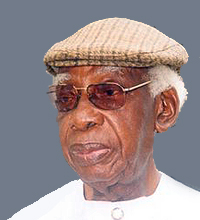control over language
"In fact, when you write in a foreign language, you begin to realise how much it is given life by the culture behind it. It is born, grows, changes – and dies – with the people who use it to communicate their thoughts and desires. Its words are created as symbols of those very thoughts and desires. And writing in a foreign language, you come to realise how words create not only a single image but a series of images so that if the image created in the mind of the writer is different from the image in the mind of the reader, there will not be complete understanding between them.”
"If the language lacks the words to express the images of another then one either has to find related images or explain them. To say the least, this is a curb on the creative process, and artistically destructive. An unnatural element is introduced between the writer and the free flow of creative thought. One stops being a creative writer and becomes a translator, and in the process of translation one becomes conscious of the reader at the cost of the characters one is creating. They begins to lose lofe and become puppets."
Attia Hosain (an Indian writer living in Britain)
"Language, for the individual consciousness, lies on the borderline between oneself and the other. The word in language is half someone else’s. It becomes "one’s own" only when the speaker populates it with his own intention, his own accent, when he appropriates the word, adapting it to his own semantic and expressive intention. Prior to this moment of appropriation, the word does not exist in a neutral and impersonal language (it is not, after all, out of a dictionary that the speaker gets his words!), but rather it exists in other people’s mouths, in other people’s contexts, serving other people’s intentions: it is from there that one must take the word, and make it one’s own."
Mikhail Bakhtin, "Discourse in the Novel" in The Dialogic Imagination Gabriel Okara - The Voice
Gabriel Okara - The Voice